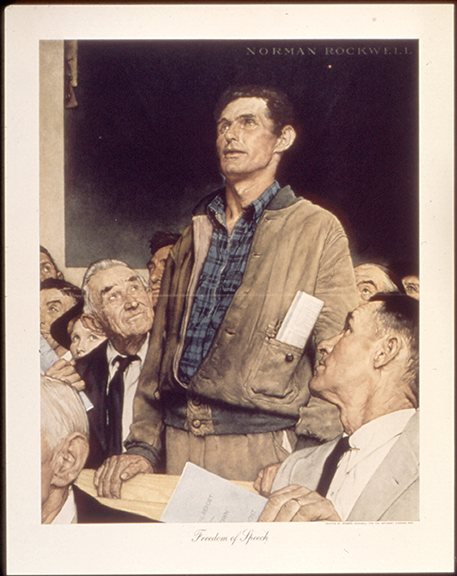J.K. Rowling, author of the Harry Potter series, defends freedom of speech — even offensive speech — May 16, 2016 at the PEN America Literary Gala, where she received the 2016 PEN/Allen Foundation Literary Service Award. (Photo/Video: PEN America).
The idea that even offensive speech must be protected is an important theme in the history and philosophy of communications law worldwide. John Stuart Mill said in On Liberty:
… the peculiar evil of silencing the expression of an opinion isthat it is robbing the human race; posterity as well as the existing generation; those who dissent from the opinion, still more than those who hold it. If the opinion is right, they are deprived of the opportunity of exchanging error for truth: if wrong, they lose, what is almost as great a benefit, the clearer perception and livelier impression of truth, produced by its collision with error.
We also find this very frequently in opinions of the Supreme Court on First Continue reading


